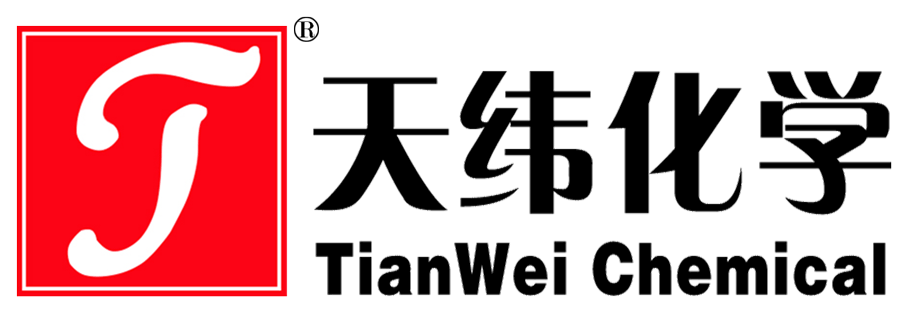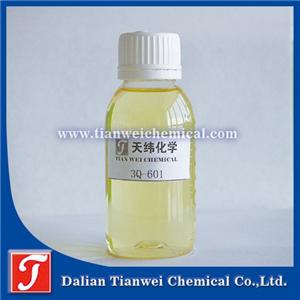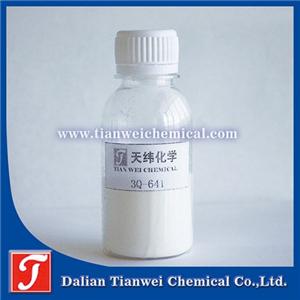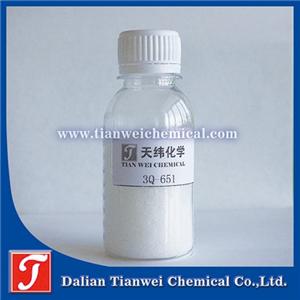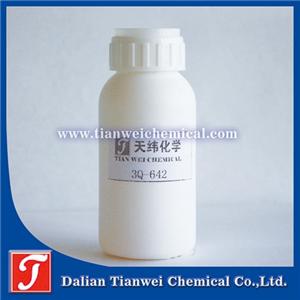Is the antibacterial effect of copper zinc pyridinium sulfide in cat litter good
Zinc pyrithione (ZPT) has a good antibacterial effect on cat litter. Its antibacterial and antifungal properties can effectively inhibit the growth of bacteria and mold in cat litter, thereby reducing odor and the risk of urinary tract diseases in cats.
The following is a detailed analysis from three aspects: working principle, application effect, safety and advantages:
Principle of operation
Zinc pyrithione (ZPT) achieves broad-spectrum antibacterial effects by interfering with microbial metabolism, destroying cell membranes and inhibiting enzyme activity. Under neutral or acidic conditions, it takes K⁺ out of bacterial cells and brings in H⁺. Under alkaline conditions, K⁺ or Mg²⁺ is brought out and Na⁺ is introduced. Meanwhile, Zn²⁺ itself has antibacterial properties, which can further enhance the effect. This dual mechanism of action enables it to have a significant inhibitory effect on molds, bacteria and yeasts, especially on Gram-positive bacteria.
Application effect
Adding ZPT to cat litter can effectively prolong the antibacterial time and reduce the odor problem caused by bacterial growth. For instance, a certain type of antibacterial cat litter that uses ZPT achieves an antibacterial rate of over 99% by adsorbing and destroying the structure of bacteria. Even after one week of use, it still has no obvious ammonia smell, and the clumps are tight with extremely low dust. In addition, the antibacterial properties of ZPT can also reduce the risk of urinary tract diseases in cats caused by contact with contaminated cat litter, providing a healthier care solution for multi-cat families.
Safety and Advantages
ZPT, as a food-grade additive, has been verified for safety in multiple fields (such as daily chemical products and food preservation). When applied in cat litter, its low solubility feature can prevent cats from accidentally ingesting it. Meanwhile, its long-lasting antibacterial performance reduces the frequency of cat litter replacement and lowers the usage cost. Compared with traditional chemical antibacterial agents, the broad-spectrum antibacterial property and stability of ZPT make it the preferred solution in the cat litter industry.
